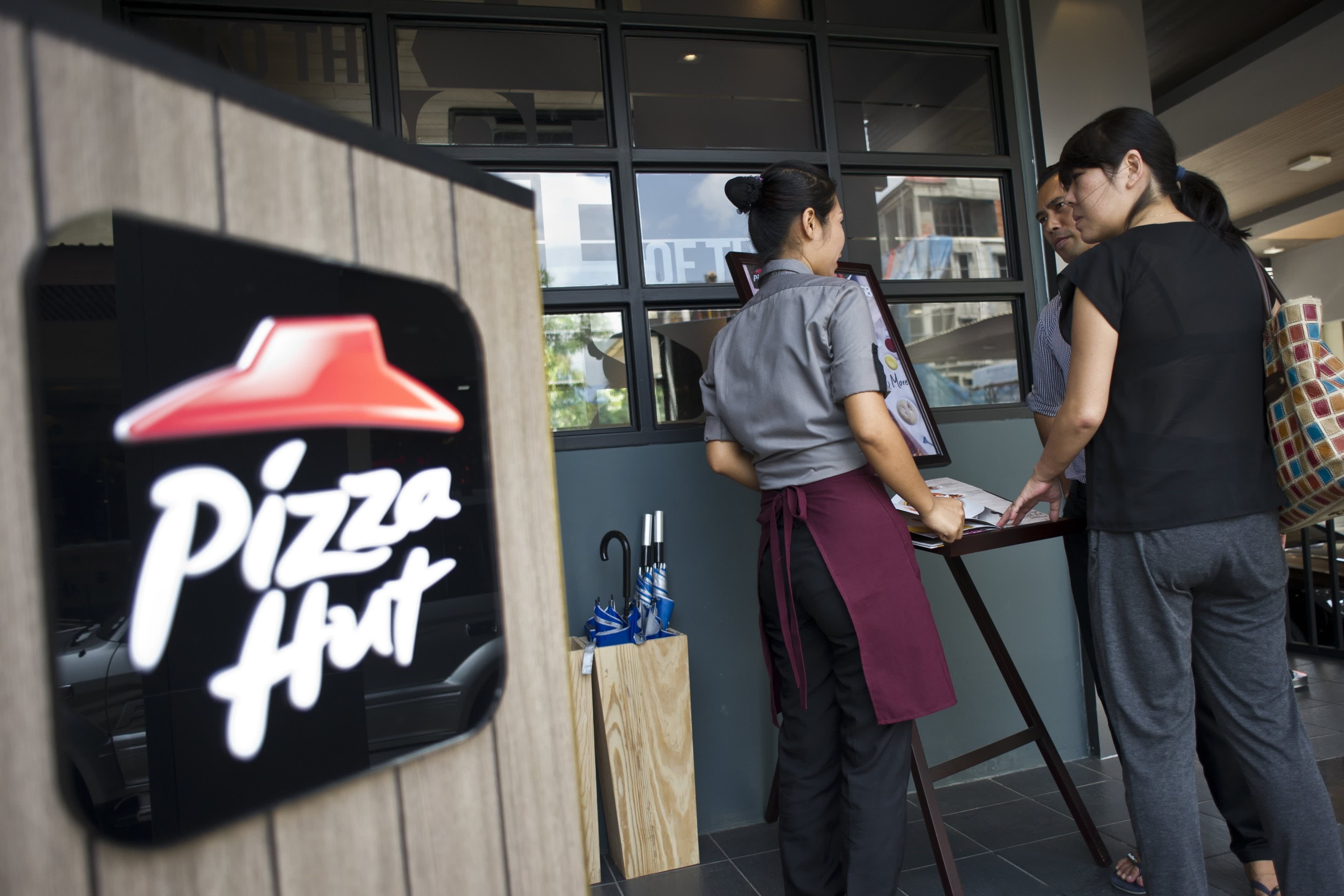(Bloomberg) -- U.S. equity futures rose with stocks on Thursday as China’s plans for tariff cuts on American imports added to optimism the global economy will weather the hit from the coronavirus. Treasuries fluctuated.
Contracts on the main American equity benchmarks all pointed to a fourth day of gains after China said it will lower levies on $75 billion of U.S. goods next week, likely satisfying part of the interim trade deal. Twitter Inc. rose about 3% in pre-market trading after topping analysts’ projections for fourth-quarter revenue.
Strong results also helped power the Stoxx Europe 600 Index to a record high. ArcelorMittal SA jumped the most since 2016 after expressing optimism on the outlook for steel demand this year, and Societe Generale SA rose after pledging to boost shareholder returns. Asian benchmarks advanced, with Japan’s rising more than 2% as Toyota Motor Corp. reported a higher-than-expected quarterly profit.
The latest trade developments have further boosted investor optimism after several reports on possible vaccines for the virus on Wednesday, though the World Health Organization later said there are no proven therapeutics. While some warn of complacency as a gauge of global stocks inches toward a record, others flag support from policy makers, and recent indicators showing the trajectory of growth was solid before the virus struck.
“Companies are going to continue to struggle in the short term” with disruptions and forgone business due to the virus, said Joe Zidle, chief investment strategist at Blackstone Group Inc. But China’s moves in recent days to reopen markets and inject stimulus “gave global investors a degree of confidence that the Chinese policy makers had at least taken the worst-case scenario off the table,” he said.
Elsewhere, a gauge of European credit risk hit its lowest since 2007, while the euro held steady even as data showed German factory orders fell at their fastest pace in more than a decade.
Here are some key events coming up:
German industrial production is due on Friday.The U.S. employment report for January is set for Friday release.Australia’s central bank chief speaks and takes questions at a parliamentary committee.
And these are the main moves in markets:
Stocks
Futures on the S&P 500 Index increased 0.4% as of 7:21 a.m. New York time.The Stoxx Europe 600 Index climbed 0.4%.The MSCI Asia Pacific Index gained 1.8%.The MSCI Emerging Market Index gained 1.4%.
Currencies
The Bloomberg Dollar Spot Index was little changed.The euro was little changed at $1.1002.The British pound sank 0.3% to $1.2964.The onshore yuan rose 0.1% to 6.969 per dollar.The Japanese yen declined 0.1% to 109.90 per dollar.
Bonds
The yield on 10-year Treasuries dipped less than one basis point to 1.65%.The yield on two-year Treasuries declined less than one basis point to 1.44%.Germany’s 10-year yield climbed less than one basis point to -0.36%.Britain’s 10-year yield fell one basis point to 0.604%.Japan’s 10-year yield gained two basis points to -0.017%.
Commodities
West Texas Intermediate crude gained 1.1% to $51.31 a barrel.Brent crude climbed 0.5% to $55.56 a barrel.Gold increased 0.5% to $1,564.47 an ounce.
--With assistance from Christopher Anstey, Joanna Ossinger and Adam Haigh.
To contact the reporter on this story: Yakob Peterseil in London at ypeterseil@bloomberg.net
To contact the editor responsible for this story: Sam Potter at spotter33@bloomberg.net
For more articles like this, please visit us at bloomberg.com
Subscribe now to stay ahead with the most trusted business news source.
©2020 Bloomberg L.P.
https://news.google.com/__i/rss/rd/articles/CBMiTmh0dHBzOi8vZmluYW5jZS55YWhvby5jb20vbmV3cy9hc2lhbi1zdG9jay1mdXR1cmVzLXRyYWNrLXN0cm9uZy0yMTQyMjIyMDIuaHRtbNIBVmh0dHBzOi8vZmluYW5jZS55YWhvby5jb20vYW1waHRtbC9uZXdzL2FzaWFuLXN0b2NrLWZ1dHVyZXMtdHJhY2stc3Ryb25nLTIxNDIyMjIwMi5odG1s?oc=5




